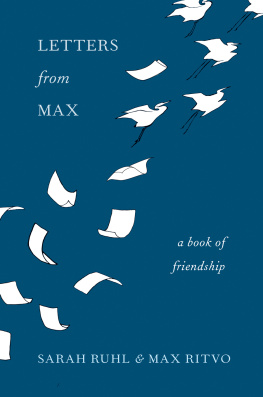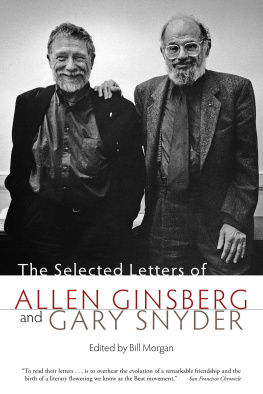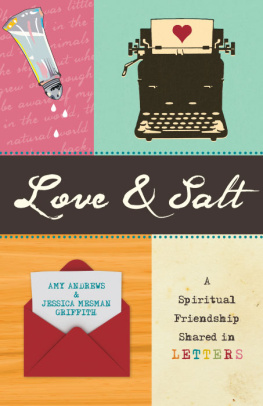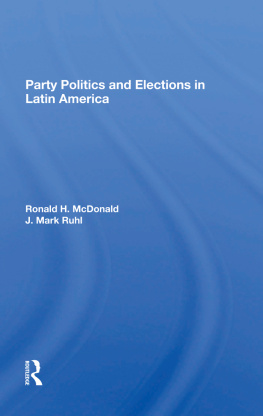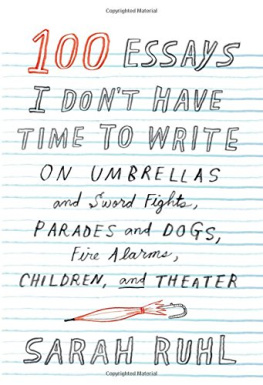Table of Contents



2018, Text by Sarah Ruhl and Max Ritvo
All rights reserved. Except for brief quotations in critical articles or reviews, no part of this book may be reproduced in any manner without prior written permission from the publisher: Milkweed Editions, 1011 Washington Avenue South, Suite 300, Minneapolis, Minnesota 55415.
(800) 520-6455
milkweed.org
Published 2018 by Milkweed Editions
Printed in Canada
Cover design by Mary Austin Speaker
Cover illustration by Mary Austin Speaker
18 19 20 21 22 5 4 3 2 1
First Edition
Milkweed Editions, an independent nonprofit publisher, gratefully acknowledges sustaining support from the Jerome Foundation; the Lindquist & Vennum Foundation; the McKnight Foundation; the National Endowment for the Arts; the Target Foundation; and other generous contributions from foundations, corporations, and individuals. Also, this activity is made possible by the voters of Minnesota through a Minnesota State Arts Board Operating Support grant, thanks to a legislative appropriation from the arts and cultural heritage fund, and a grant from Wells Fargo. For a full listing of Milkweed Editions supporters, please visit milkweed.org.

Library of Congress Cataloging-in-Publication Data
Names: Ritvo, Max, 1990-2016, author. | Ritvo, Max, 1990-2016, Correspondence. Selections. | Ruhl, Sarah, 1974- Correspondence. Selections.
Title: Letters from Max : a book of friendship / Mark Rivko and Sarah Ruhl.
Description: Minneapolis, Minnesota : Milkweed Editions, 2018.
Identifiers: LCCN 2018007328 (print) | LCCN 2018016012 (ebook) | ISBN 9781571319760 (ebook) | ISBN 9781571313690 (hardcover : alk. paper)
Subjects: LCSH: Ritvo, Max, 1990-2016,--Correspondence. | Ruhl, Sarah, 1974---Correspondence. | Poets, American--20th century--Correspondence. | Cancer--Patients--Correspondence. | Women dramatists, American--20th century--Correspondence. | Drama teachers--Correspondence.
Classification: LCC PS3618.I8 (ebook) | LCC PS3618.I8 Z48 2018 (print) | DDC 811/.6--dc23
LC record available at https://lccn.loc.gov/2018007328
Milkweed Editions is committed to ecological stewardship. We strive to align our book production practices with this principle, and to reduce the impact of our operations in the environment. We are a member of the Green Press Initiative, a nonprofit coalition of publishers, manufacturers, and authors working to protect the worlds endangered forests and conserve natural resources. Letters from Max was printed on acid-free 100% postconsumer-waste paper by Friesens Corporation.
A friend is a person with whom I may be sincere. Before him, I may think aloud.
R ALPH W ALDO E MERSON

A Greek word, storge, denotes a tender care, affection uniting parents and children. Perhaps some teachers feel such a love for their pupils. It is also not impossible that storge may be applied to the relationship between a poet and generations of readers to come: underneath the ambition to perfect ones art without hope of being rewarded by contemporaries lurks a magnanimity of gift-offering to posterity.
C ZESLAW M ILOSZ
A Book of Luminous Things

At Laguna, when someone dies, you dont get over it by forgetting; you get over it by remembering.
L ESLIE M ARMON S ILKO
The Delicacy and Strength of Lace

Introduction

Max Ritvo began as my student. I met Max when he was a senior at Yale. This is how he began his application to get into my playwriting workshop:
Dear Professor Ruhl,
Thanks for reading this application. My name is Max RitvoIm a senior English major in the Creative Writing Concentration. All I want to do is write.
His application said that he was a poet and a comedian, part of an experimental comedy troupe. A poet and hes funny? Huh. I reread his application, which had been left to stew in the no pile because hed never written a play before.
And because funny poets are a rare and wonderful species of human being, I moved Max to the yes pile, despite his lack of experience writing plays. It is hard to imagine now that Maxs application could ever have remained in any other pilea strange parallel universe in which I never met Max.

Max walked into my first class and it was as though an ancient light bulb hovered over his head, illuminating the room. Skinny to the point of worry, eyes luminous blue and large, even larger under his thick glasses. His eyes (both magnified and magnifying) were especially animated after hed amused someone, anyone; with a hangdog look, hed gaze up from behind his spectacles to see if the joke had found a target. His voice: surprisingly booming for so slight a frame. Some rarefied combination of a young Mike Nichols and an old John Keats, he seemed eighty years old and not from this century. Who is this boy? I wondered. He seemed to have read everything, from Vedic texts to contemporary poetry, and yet he had the air of a playful child.
The first missive I received from Max in my inbox began like this:
Dear Professor Ruhl,
I am writing because, before shopping period had even begun or I had even realized that this wonderful class existed, I booked tickets for Einstein on the Beach at the Brooklyn Academy of Music for this coming Friday.
Little did he know that I had longed to see Einstein on the Beach, had tried in fact to get a ticket, but it was sold out. Nothing could have been more delightful to me than a student who had the foresight to book tickets to a difficult and avant-garde theatrical epic. Max went on to apologize and ask permission to miss a class. I told Max that he must go, and I asked him for a short report (no more than five minutes) on the experience of seeing the show. I said maybe he could join us for the first part of class, then hightail it to Brooklyn to hear the great Philip Glass score.
Max wrote back, Dear Sarah (it took us two letters to drop the institutional formalities):
The show starts at seven. Im worried if I leave later I wont have time to properly get from Grand Central to eat something! The show is four hours long and I have to eat in a really regimented way to keep my weight up as a result of the cancer/chemotherapy I had in high schoolmore on that some other time.
I now had part of my answer as to why Max was different from the other students, why life and death seemed to hover near him, why (beyond being a poet) hed already contemplated the big metaphysical questions, why he was so skinny. Max went on:
Next page
